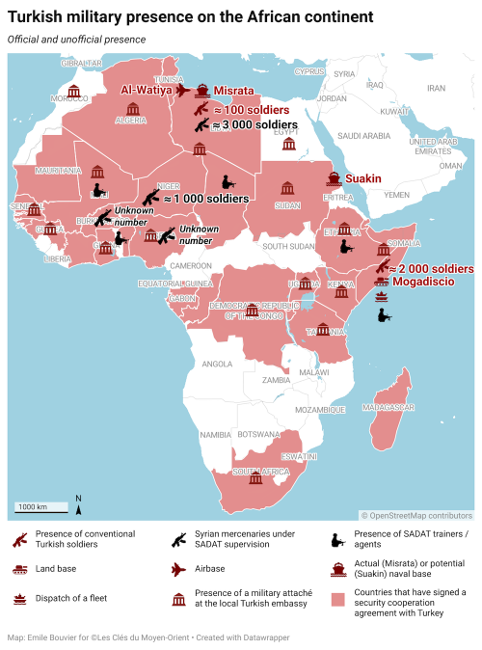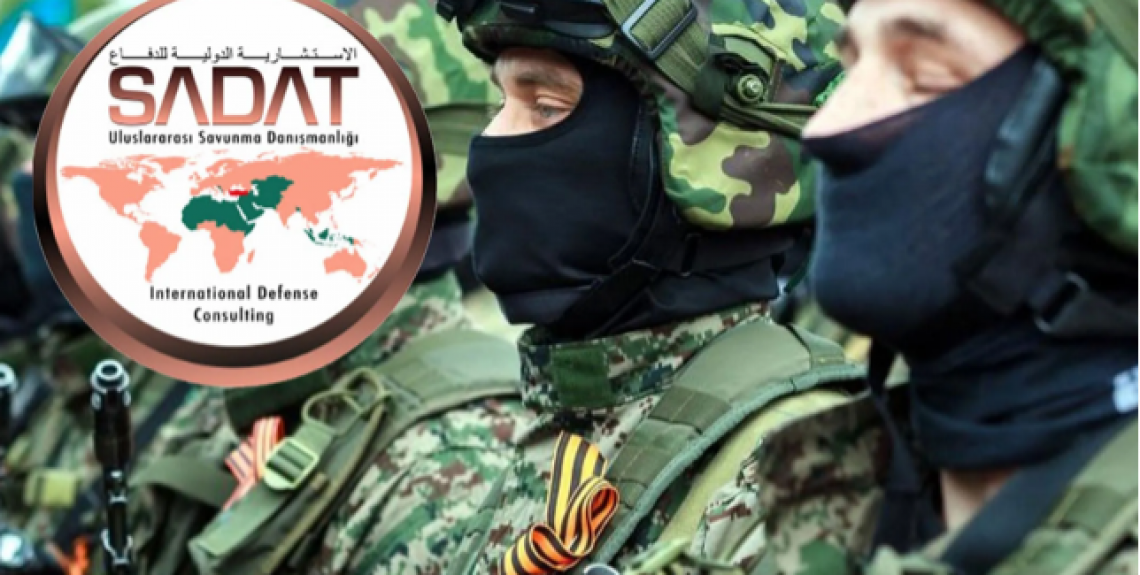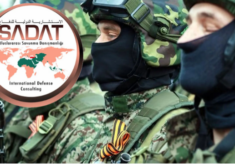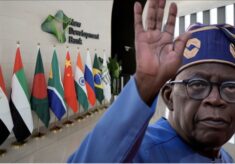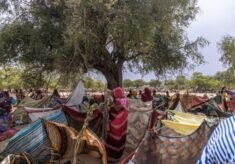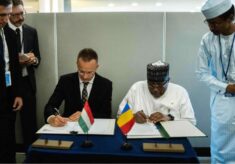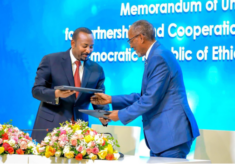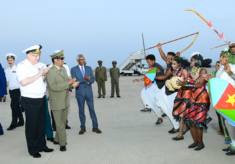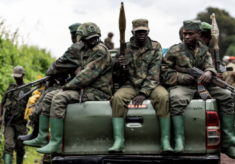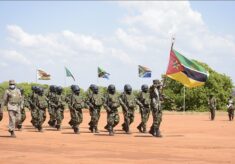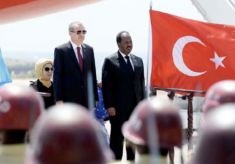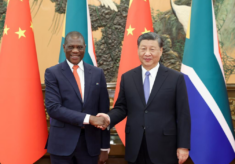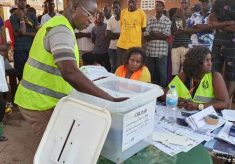Turkey’s expanding influence in Africa mirrors Russia’s use of private military companies and resource-driven diplomacy, but unlike Russia, Turkey presents two advantages. Turkey’s political stance allows African states to obtain modern weapons without having to align with major powers. This preserves their national sovereignty, making Turkey the “third way” in the game of the great powers. Secondly, Turkey’s operations are supported by ideological and religious arguments: i.e. Islam, the dominant religion in the Sahel, where Turkey has concentrated its African engagement.
Turkey’s military influence in Africa is rapidly expanding, with approximately 6.000 military personnel deployed in Somalia, Niger, and Libya. This figure is three times the size of France’s regional forces, underscoring the significant scale of Turkey’s operations. At the forefront of this expansion is SADAT (International Defense Consultancy Construction Industry and Trade Inc.; Uluslararası Savunma Danışmanlık İnşaat Sanayi ve Ticaret A.Ş.), a private military company founded in 2012 by former Erdogan military advisor Adnan Tanrıverdi and now led by his son. Turkey is not a party to agreements or codes of conduct seeking to regulate mercenaries.
Often likened to US Triple Canopy or Russia’s actual Afrikansky Korpus, SADAT operates across Africa, Afghanistan, the Caucasus, and the Balkans, providing training, logistics, and weapons under a mission to support Muslim countries and protect Turkish minorities. Many of its fighters are recruited from the Syrian National Army (SNA), which has strong ties to the Turkish and US backed Sultan Murad Division (a Syrian Turkmen regiment-sized rebel group).
